Sustainable Energy Storage Solutions: Exploring Battery Options for Solar Systems
As the shift towards renewable energy gains momentum, understanding the role of energy storage becomes crucial. Solar systems are at the forefront of this shift, but their efficiency hinges on reliable battery solutions. This article explores various sustainable energy storage options, guiding you to make the best choice for your solar system.
The Importance of Battery Storage in Solar Systems
Solar panels generate power during the day, but what happens when the sun sets? That’s where batteries come in. They store excess energy produced during daylight hours, making it available when needed, ensuring a consistent power supply and maximising your solar investment.
Each battery type brings strengths and considerations to solar power systems, catering to diverse needs and applications.
Types of Solar Batteries
Solar energy systems often utilise four primary battery types: lead-acid, lithium-ion, nickel-cadmium, and flow batteries. Each type has unique characteristics, making them suitable for different applications.
Lead-Acid Batteries
Leading-acid batteries have been a staple in automotive and industrial settings for many years. They offer a lower energy density, meaning they store less energy per unit of weight than other types. Despite this, their affordability and reliability make them a frequent choice for residential solar systems. Available in both flooded and sealed versions, lead-acid batteries can be designed for shallow or deep cycle applications, with recent advancements enhancing their longevity. Their suitability for home solar systems continues due to these improvements.
Lithium-Ion Batteries
Lithium-ion technology, a more recent innovation, stands out for its high energy density, providing a compact, lightweight, and efficient storage solution. Lithium-ion batteries are ideal for portable electronics like laptops, smartphones and residential solar systems. They enable users to utilise a larger portion of the stored energy before recharging is needed. However, they come with a higher price tag and, if not installed correctly, can pose a fire risk due to thermal runaway.
Nickel-Cadmium Batteries
Nickel-cadmium batteries, less common in residential settings, are primarily used in aviation and industrial contexts. They boast high durability and the ability to operate in extreme temperatures. Maintenance requirements for these batteries are comparatively lower. However, cadmium’s toxicity is a concern, necessitating careful disposal to mitigate environmental harm.
Flow Batteries
Flow batteries generate power through chemical reactions between liquid electrolytes in two separate chambers. They are highly efficient, allowing for 100% depth of discharge, but their low energy density means large tanks are needed to store substantial amounts of energy. This requirement often makes them too bulky and expensive for typical home use, though they are well-suited for larger applications and spaces.
Each battery type brings strengths and considerations to solar power systems, catering to diverse needs and applications.

Factors to Consider When Choosing a Battery
Capacity & Power: Determines how much energy can be stored and how much can be used at any given time.
Lifespan & Warranty: Indicates how long the battery will last and the guarantee provided by the manufacturer.
Depth of Discharge (DoD): Refers to how much of the battery’s capacity can be used without affecting its lifespan.
Cost: Includes the initial investment and any ongoing maintenance expenses.
Future Trends in Battery Technology
Emerging technologies, like solid-state batteries, promise higher energy densities, faster charging, and enhanced safety. Staying informed about these advancements is critical to choosing a storage solution that will remain relevant.
Why Sustainable Battery Storage Matters
Choosing the correct battery isn’t just about energy efficiency; it’s also about reducing environmental impact. Sustainable batteries minimise waste and pollution, aligning with the eco-friendly ethos of solar power.
Selecting the right battery for your solar system is a crucial decision. It influences not only your energy independence but also your contribution to a sustainable future. Consider your energy needs, budget, and environmental impact when choosing a storage solution.
Ready to enhance your solar system with the right battery solution? Contact Solar Battery Group on 1300 223 224 or request a quote here. Our experts will guide you through the best sustainable energy storage options tailored to your needs.

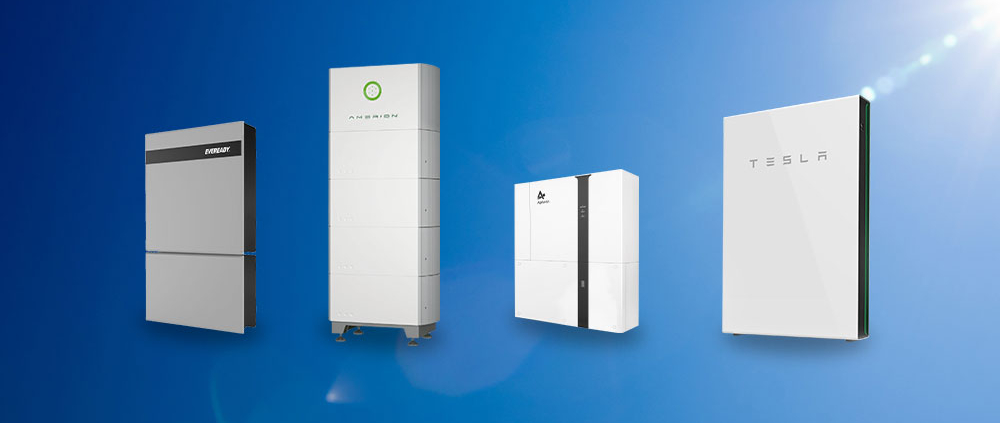 Solar Battery Group
Solar Battery Group Solar Battery Group
Solar Battery Group Solar Battery Group
Solar Battery Group Solar Battery Group
Solar Battery Group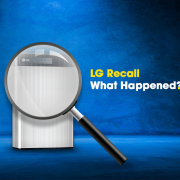 Solar Battery Group
Solar Battery Group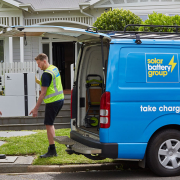 Solar Battery Group
Solar Battery Group Solar Battery Group
Solar Battery Group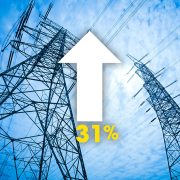 Solar Battery Group
Solar Battery Group Solar Battery Group
Solar Battery Group

 Solar Battery Group
Solar Battery Group Solar Battery Group
Solar Battery Group